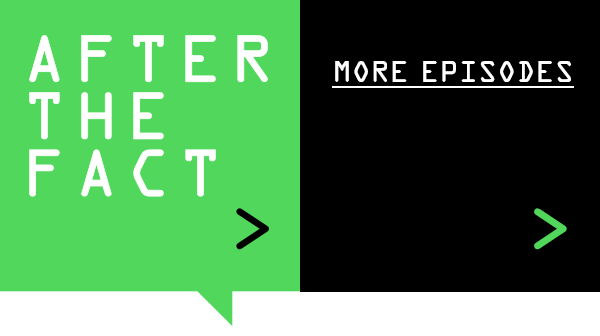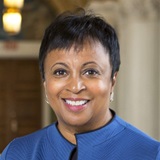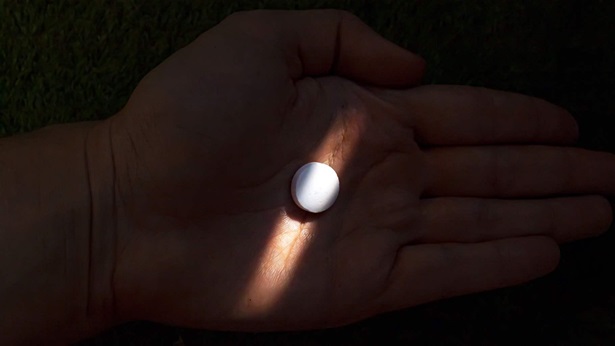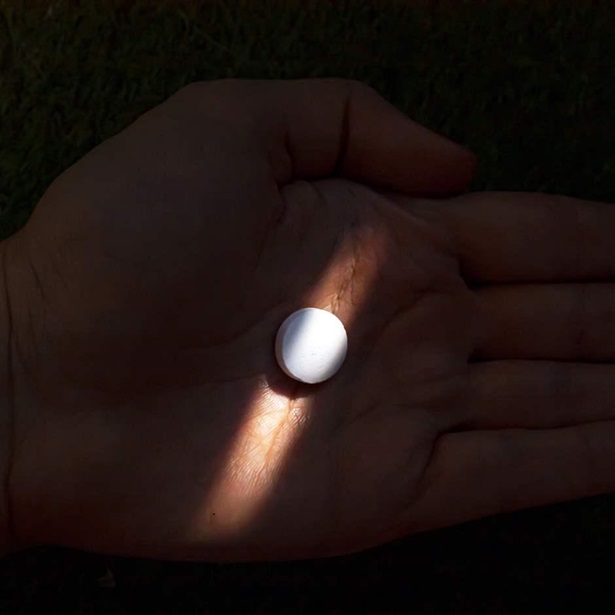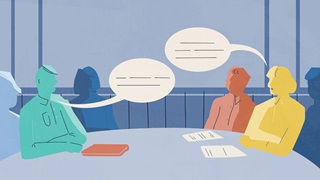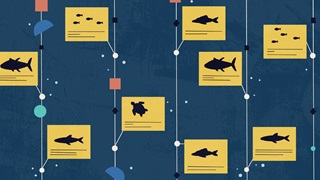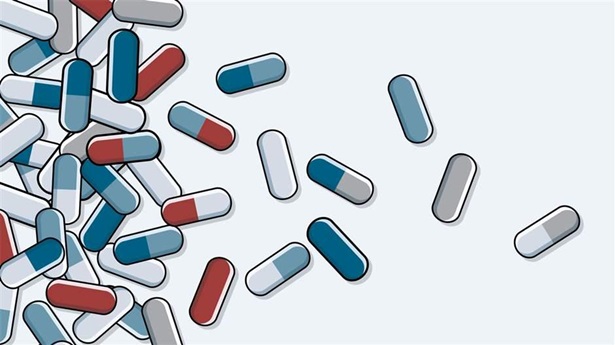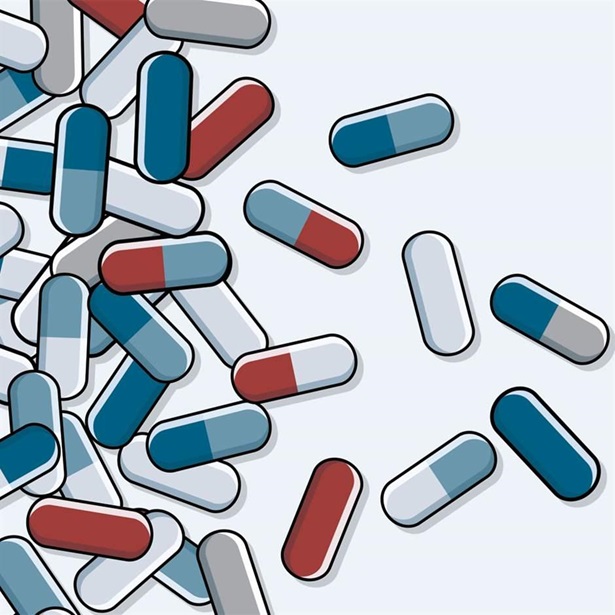The New American Library
Episode 83

Stat: 78 percent: About 8 in 10 adults feel that libraries help them find information that is trustworthy and reliable.
Story: Everybody knows what happened on the Fourth of July, but what about the First of July? That’s the anniversary of America’s first free library. Established in 1731 by Ben Franklin, it marked the democratization of information. Librarian of Congress Carla Hayden—the first woman and African American in that role—talks about how libraries and librarians continue that mission to this day.
Related resources:
Most Americans Say Libraries Can Help Them Find Reliable, Trustworthy Information
The History of the Lending Library
